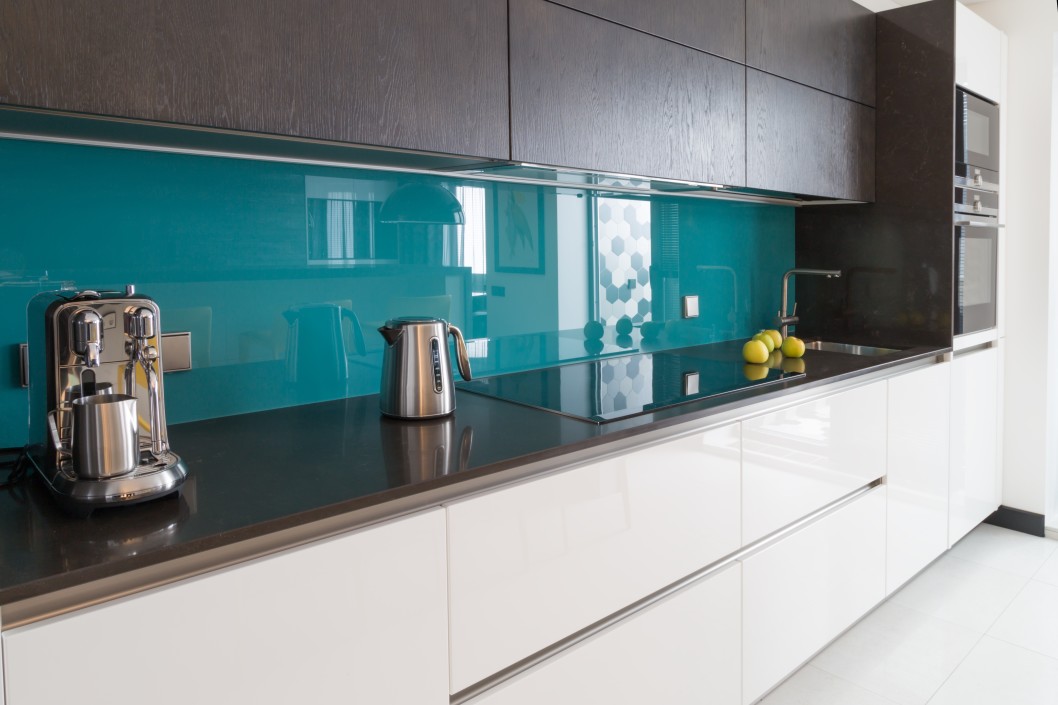BBB Solutions: How To Avoid Costly Damages From Cleaning Wipes
Are your COVID-19 cleaning habits damaging your household?
Whether it’s in an effort to decrease possible COVID-19 exposure or a result of more Arkansans staying home, everyone has certainly been cleaning quite a bit more than usual. Disinfectants are flying off the shelves, going into homes, and then… into your septic system??
That’s right! Anything you flush or wash down the drain goes into your septic system, making proper usage and disposal of cleaning products a vital part of caring for your household.
Consequences of improper disposal.
According to one recent study, while 44% of Americans are using disinfectants more frequently at home due to COVID-19, only 58% are following the usage instructions on the label.
It’s important to read the labels on your cleaning products, because while some products are safe to go down the drain, disinfectant wipes (and even baby wipes!) are among the few that are not safe to flush - even if the label claims that they are flushable! After all, flushable doesn’t mean they are pumpable.
Our team has seen quite an increase in septic issues as of late, with wipes being the main culprits. Check out this story from just the other day:
“We went to pump out the septic tank at a farmhouse and couldn’t even complete the job because of all the wipes in the tank. What should have been a routine service has turned into quite an ordeal. Now we have to bring in an excavator, dig up the tank, pull off the concrete, attempt to dig out the wipes with equipment, and survey for permanent damages. I think most people don’t know wipes aren’t intended for flushing, and that fixes like this can get pretty pricey… upwards of $1,200 to start!” - Jon, BBB Septic Owner
Here’s what to remember when it comes to cleaning wipes.
Unfortunately for us all, “flushable” or “biodegradable” doesn’t mean cleaning wipes are septic safe, as these terms are generally not strictly regulated. Wipes are too thick to move through your septic system, and if your cleaning habits have increased they can clump together, causing clogging and other costly damages that will require a septic repair service.
All that said, the safest method of disposal? A good old reliable trash can.
Experiencing septic issues? Give us a call at 479-225-9800 or email us at info@bbbseptic.com.
For CDC COVID-19 cleaning guidance, click here.
